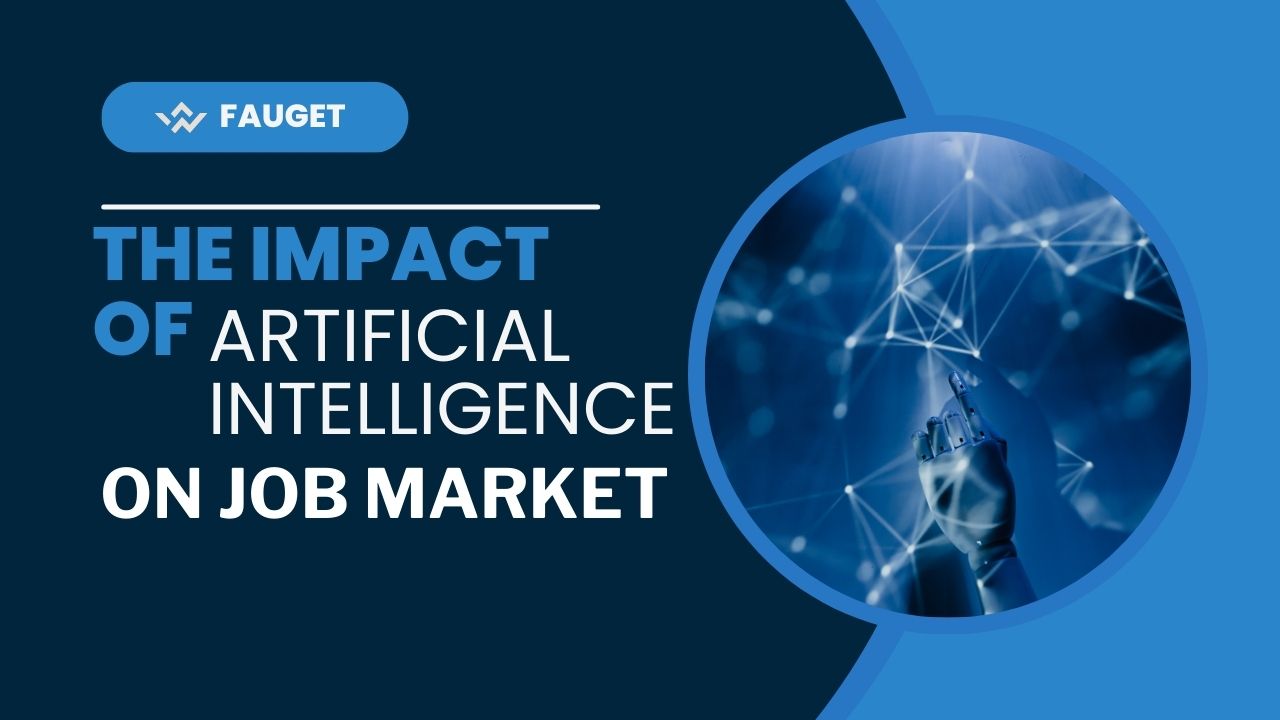The Impact of Artificial Intelligence on the Job Market
Introduction
Artificial intelligence (AI) has transformed the world in numerous ways, from healthcare to transportation, and it is now rapidly changing the job market. As AI continues to grow and evolve, it is important to understand how it affects the workforce and what the future of work might look like. In this article, we will explore the impact of artificial intelligence on the job market.
- What is Artificial Intelligence?
- Definition of AI and how it works
- Types of AI
- Applications of AI in various industries
- Advantages of AI in the Job Market
- Improved efficiency and productivity
- Reduced errors and costs
- New job opportunities in the field of AI development and management
- Challenges of AI in the Job Market
- Job displacement and skill gap
- Bias in AI decision-making
- Ethical concerns related to AI and job automation
- Industries and Jobs Affected by AI
- Healthcare
- Finance
- Manufacturing
- Retail
- Transportation
- Customer service
- Preparing for the Future of Work in the Age of AI
- Upskilling and reskilling for new job roles
- Investing in lifelong learning and education
- Collaboration between humans and machines
- Government Policies and Regulations for AI in the Job Market
- The need for ethical and transparent AI development
- The role of government in regulating AI and ensuring fair employment practices
- Balancing the benefits and risks of AI in the job market
Conclusion
: Artificial intelligence is a powerful technology that is transforming the job market in many ways. While it brings numerous advantages, it also poses challenges and raises important ethical and social concerns. By understanding the impact of AI on the job market and taking steps to prepare for the future of work, we can ensure that AI is used responsibly and for the benefit of society as a whole.

